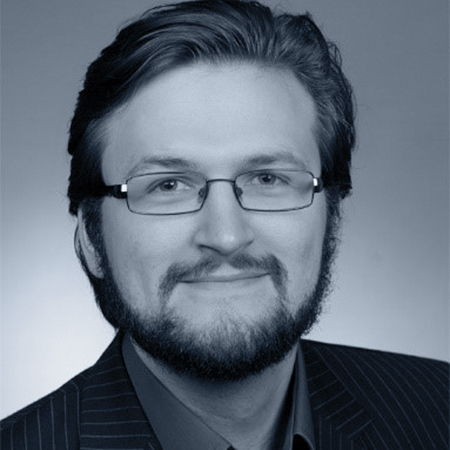
Dr. Martin Smuda
TU Darmstadt,
Institute for Fluid Dynamics
Contact
TU Darmstadt
Institute for Fluid Dynamics
Otto-Berndt-Str. 2
64287 Darmstadt
fluids@nhr4ces.de
Biography
Martin holds a Bachelor and Master degree in Computational Engineering from the Technical University of Darmstadt, where he also received his Doctor of Engineering (Dr.-Ing.) in the field of direct numerical simulation (DNS) of multi-phase flows using extended Discontinu-ous Galerkin (XDG) methods.
During his PhD he was scholarship holder of the Graduate School of Excellence Computa-tional Engineering and research assistant for the Collaborative Research Center 1194 “Inter-action between Transport and Wetting Processes”.
Since 2020 he is working as a postdoctoral researcher at the Chair of Fluid Dynamics (FDY) at TU Darmstadt and since 2021 he is part of the scientific staff of the Simulation and Data Lab Fluids within the NHR4CES.
Thematic Advice
At the FDY the open source CFD code framework BoSSS (Bounded Support Spectral Solver) is being developed. It is based on the Discontinuous Galerkin (DG) method and designed as a library for solving elliptic, parabolic, hyperbolic and mixed type systems of PDE.
Beside the professional competence in the field of DNS of multi-phase flows using XDG methods, Martin can offer experience on the development and maintenance of an in-house numerical flow solver. Main aspects include (unit) testing and continuous integration.
Further, the BoSSS code provides many tutorials for developer and end-user in the context of DG methods, which are running on Jupyter notebooks.
Professional Competence
Martins focus lies on the direct numerical simulation of transient multi-phase flows, such as oscillating drops and rising bubbles. Multi-phase flows also include the simulation of dy-namic contact line problems and phase changes due to evaporation.
Regarding the methodology, Martins expertise lies in extended Discontinuous Galerkin methods and problems given in sharp interface formulations. This includes various level-set approaches for dealing with moving interfaces.
In the context of high performance computing at NHR4CES, the goal is to transfer the XDG method to performant large scale simulations.